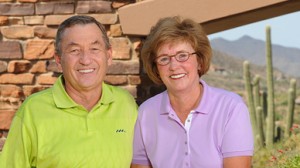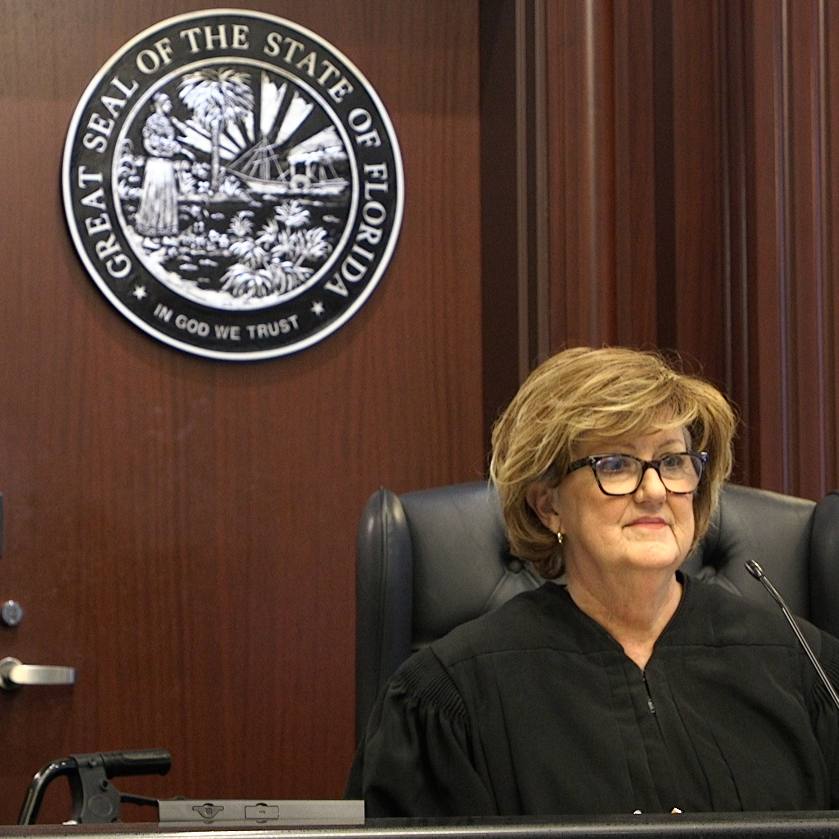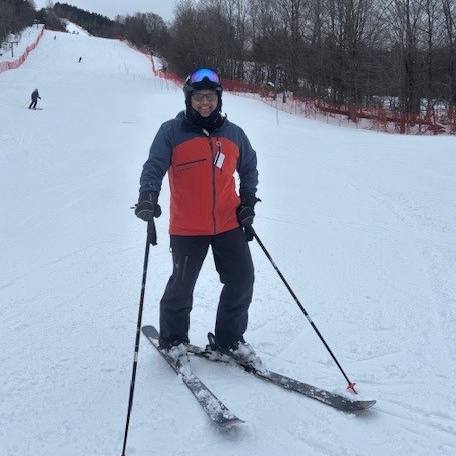 As Bill Pearse was rushed to the hospital in severe pain, he directed the ambulance to take him to Mayo Clinic in Arizona. The emergency department team diagnosed Pearse with kidney stones — a relief. But additional tests revealed something far worse: a cancerous tumor on one kidney.
As Bill Pearse was rushed to the hospital in severe pain, he directed the ambulance to take him to Mayo Clinic in Arizona. The emergency department team diagnosed Pearse with kidney stones — a relief. But additional tests revealed something far worse: a cancerous tumor on one kidney.
Mayo Clinic physicians "were very persistent in really determining what the cause was," says Pearse. "They found out more and they dug deeper."
Pearse underwent surgery, expecting surgeons to remove most, if not all, of his cancerous kidney. But once the surgery was under way, doctors found a more aggressive type of cancer than they expected. After careful assessment, which included consulting with colleagues at Mayo Clinic in Rochester, Minn., the decision was made to remove both kidneys.
Although his cancer was cured through surgery, Pearse's medical journey was far from over — he now needed a kidney transplant. And until a donor kidney became available, he would have to rely on dialysis to survive. That meant two years of dependence on a complicated medical cocktail consisting of dozens of drugs and three types of dialysis.
Because Pearse's cancer was hereditary, blood relatives had to be ruled out as donors. But his match still came from his family tree. After rigorous testing, Pearse's adopted son, Brad, was found to be a good match. The donation allowed Brad to give his father the ultimate gift: life.
"Brad is my hero," says Pearse. "We now joke about the fact that we are genetically related."
His son's donation allowed Pearse to "live the dream of having fun in retirement."
"It's hard to describe how humbly grateful I am today because I was able to receive treatment from Mayo Clinic," says Pearse, an avid golfer who now marks his balls with the initials L.D., for "Living the Dream."







